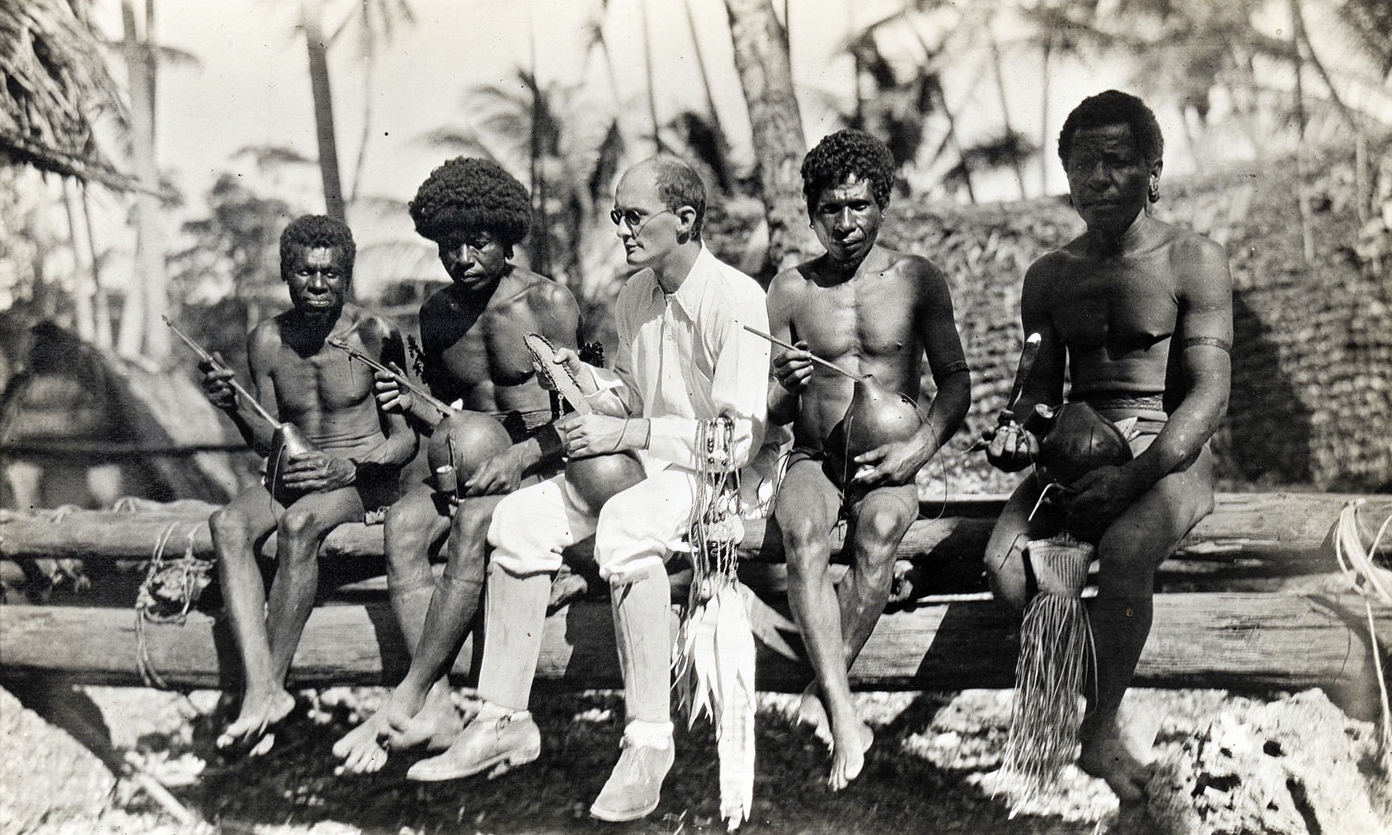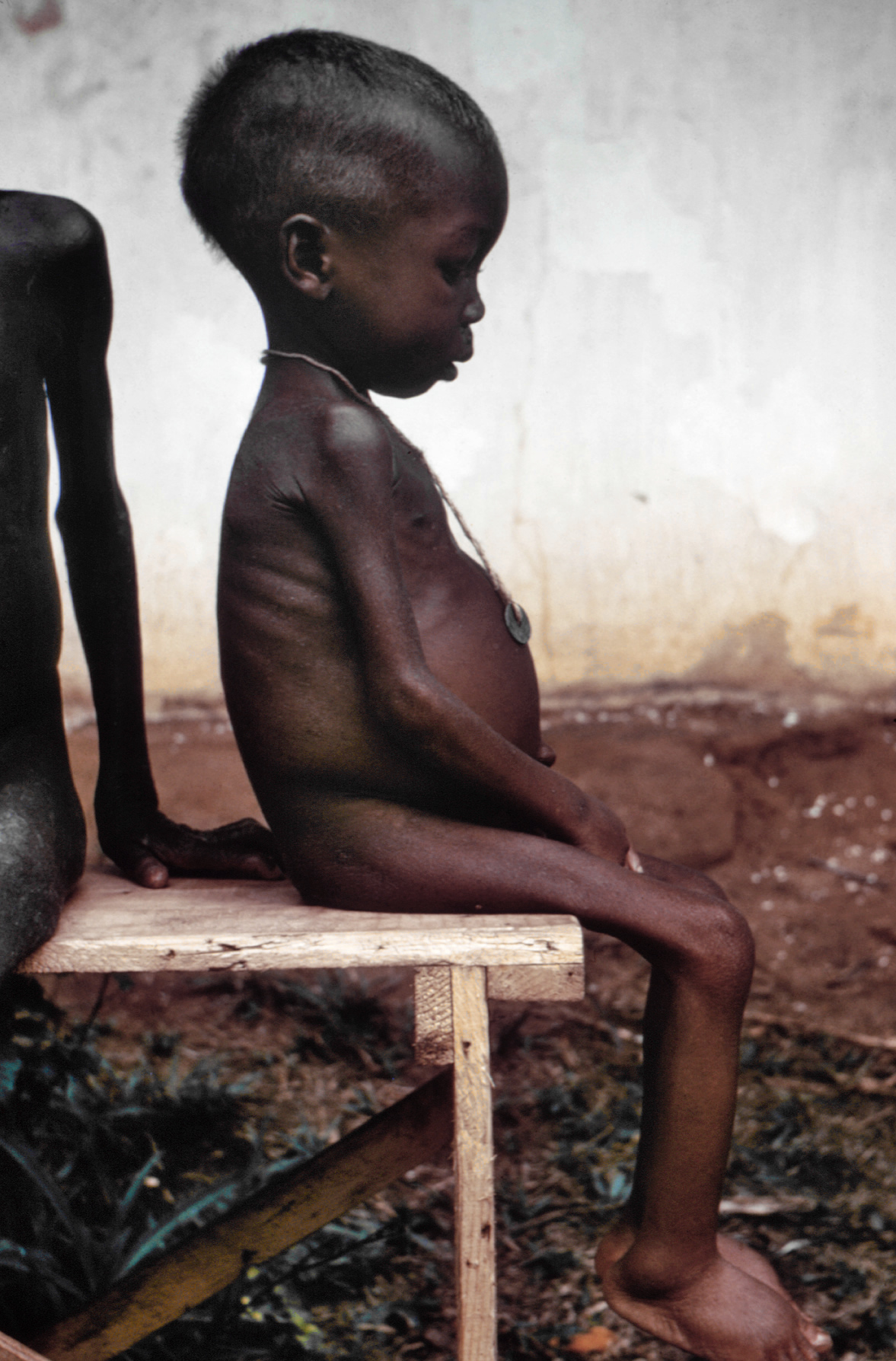|
Incest Taboo
An incest taboo is any cultural rule or norm that prohibits sexual relations between certain members of the same family, mainly between individuals related by blood. All human cultures have norms that exclude certain close relatives from those considered suitable or permissible sexual or marriage partners, making such relationships taboo. However, different norms exist among cultures as to which blood relations are permissible as sexual partners and which are not. Sexual relations between related persons which are subject to the taboo are called incestuous relationships. Some cultures proscribe sexual relations between clan-members, even when no traceable biological relationship exists, while members of other clans are permissible irrespective of the existence of a biological relationship. In many cultures, certain types of cousin relations are preferred as sexual and marital partners, whereas in others these are taboo. Some cultures permit sexual and marital relations ... [...More Info...] [...Related Items...] OR: [Wikipedia] [Google] [Baidu] |
Convention (norm)
A convention is a set of agreed, stipulated, or generally accepted standards, norms, social norms, or criteria, often taking the form of a custom. In a social context, a convention may retain the character of an "unwritten law" of custom (for example, the manner in which people greet each other, such as by shaking each other's hands). Certain types of rules or customs may become law and sometimes they may be further codified to formalize or enforce the convention (for example, laws that define on which side of the road vehicles must be driven). In physical sciences, numerical values (such as constants, quantities, or scales of measurement) are called conventional if they do not represent a measured property of nature, but originate in a convention, for example an average of many measurements, agreed between the scientists working with these values. General A convention is a selection from among two or more alternatives, where the rule or alternative is agreed upon among parti ... [...More Info...] [...Related Items...] OR: [Wikipedia] [Google] [Baidu] |
Endogamy
Endogamy is the practice of marrying within a specific social group, religious denomination, caste, or ethnic group, rejecting those from others as unsuitable for marriage or other close personal relationships. Endogamy is common in many cultures and ethnic groups. Several religious and ethnic religious groups are traditionally more endogamous, although sometimes with the added dimension of requiring marital religious conversion. This permits an exogamous marriage, as the convert, by accepting the partner's religion, becomes accepted within the endogamous rules. Endogamy, as distinct from consanguinity, may result in transmission of genetic disorders, the so-called founder effect, within the relatively closed community. Adherence Endogamy can serve as a form of self-segregation; a community can use it to resist integrating and completely merging with surrounding populations. Minorities can use it to stay ethnically homogeneous over a long time as distinct communities ... [...More Info...] [...Related Items...] OR: [Wikipedia] [Google] [Baidu] |
Trobriand Islanders
The people of the Trobriand Islands are mostly subsistence horticulturalists who live in traditional settlements. The social structure is based on matrilineal clans that control land and resources. People participate in the regional circuit of exchange of shells called '' kula'', sailing to visit trade partners on seagoing canoes. In the late twentieth century, anti-colonial and cultural autonomy movements gained followers from the Trobriand societies. When inter-group warfare was forbidden by colonial rulers, the islanders developed a unique, aggressive form of cricket. Although an understanding of reproduction and modern medicine is widespread in Trobriand society, their traditional beliefs have been remarkably resilient. For example, the real cause of pregnancy is believed to be a baloma, or ancestral spirit, that enters the body of a woman, and without whose existence a woman could not become pregnant; all babies are made or come into existence (ibubulisi) in Tuma. These tenets ... [...More Info...] [...Related Items...] OR: [Wikipedia] [Google] [Baidu] |
Bali
Bali () is a province of Indonesia and the westernmost of the Lesser Sunda Islands. East of Java and west of Lombok, the province includes the island of Bali and a few smaller neighbouring islands, notably Nusa Penida, Nusa Lembongan, and Nusa Ceningan to the southeast. The provincial capital, Denpasar, is the List of Indonesian cities by population, most populous city in the Lesser Sunda Islands and the second-largest, after Makassar, in Eastern Indonesia. The upland town of Ubud in Greater Denpasar is considered Bali's cultural centre. The province is Indonesia's main tourist destination, with a significant rise in tourism since the 1980s. Tourism-related business makes up 80% of its economy. Bali is the only Hinduism in Indonesia, Hindu-majority province in Indonesia, with 86.9% of the population adhering to Balinese Hinduism. It is renowned for its highly developed arts, including traditional and modern dance, sculpture, painting, leather, metalworking, and music. The Ind ... [...More Info...] [...Related Items...] OR: [Wikipedia] [Google] [Baidu] |
Affinity (law)
In law and in cultural anthropology, affinity is the kinship relationship created or that exists between two people as a result of someone's marriage. It is the relationship which each party to a marriage has to the relations of the other partner to the marriage, but it does not cover the marital relationship itself. Laws, traditions and customs relating to affinity vary considerably, sometimes ceasing with the death of one of the marriage partners through whom affinity is traced, and sometimes with the divorce of the marriage partners. In addition to kinship by marriage, "affinity" can sometimes also include kinship by adoption or a step relationship. Unlike blood relationships (consanguinity), which may have genetic consequences, affinity is essentially a social or moral construct, at times backed by legal consequences. In law, affinity may be relevant in relation to prohibitions on incestuous sexual relations and in relation to whether particular couples are prohibite ... [...More Info...] [...Related Items...] OR: [Wikipedia] [Google] [Baidu] |
Genealogical Method
The genealogical method is a well-established procedure in ethnography. The method owes its origin from the book of British ethnographer W. H. R. Rivers titled "Kinship and Social Organisation" in 1911, in order to identify all-important links of kinship determined by marriage and descent. Genealogy or kinship commonly plays a crucial role in the structure of non-industrial societies, determining both social relations and group relationship to the past. Marriage, for example, is frequently pivotal in determining military alliances between villages, clans or ethnic groups. In the field of epistemology the term is used to characterize the philosophical method employed by such writers as Friedrich Nietzsche and Michel Foucault Paul-Michel Foucault (, ; ; 15 October 192625 June 1984) was a French philosopher, historian of ideas, writer, political activist, and literary critic. Foucault's theories primarily address the relationship between power and knowledge, and ho .... ... [...More Info...] [...Related Items...] OR: [Wikipedia] [Google] [Baidu] |
Kinship
In anthropology, kinship is the web of social relationships that form an important part of the lives of all humans in all societies, although its exact meanings even within this discipline are often debated. Anthropologist Robin Fox says that the study of kinship is the study of what humans do with these basic facts of lifemating, gestation, parenthood, socialization, siblingship etc. Human society is unique, he argues, in that we are "working with the same raw material as exists in the animal world, but ecan conceptualize and categorize it to serve social ends." These social ends include the socialization of children and the formation of basic economic, political and religious groups. Kinship can refer both to the patterns of social relationships themselves, or it can refer to the study of the patterns of social relationships in one or more human cultures (i.e. kinship studies). Over its history, anthropology has developed a number of related concepts and terms in the st ... [...More Info...] [...Related Items...] OR: [Wikipedia] [Google] [Baidu] |
Ethnographic
Ethnography (from Greek ''ethnos'' "folk, people, nation" and ''grapho'' "I write") is a branch of anthropology and the systematic study of individual cultures. Ethnography explores cultural phenomena from the point of view of the subject of the study. Ethnography is also a type of social research that involves examining the behavior of the participants in a given social situation and understanding the group members' own interpretation of such behavior. Ethnography in simple terms is a type of qualitative research where a person puts themselves in a specific community or organization in attempt to learn about their cultures from a first person point-of-view. As a form of inquiry, ethnography relies heavily on participant observation—on the researcher participating in the setting or with the people being studied, at least in some marginal role, and seeking to document, in detail, patterns of social interaction and the perspectives of participants, and to understand these ... [...More Info...] [...Related Items...] OR: [Wikipedia] [Google] [Baidu] |
Anthropology
Anthropology is the scientific study of humanity, concerned with human behavior, human biology, cultures, societies, and linguistics, in both the present and past, including past human species. Social anthropology studies patterns of behavior, while cultural anthropology studies cultural meaning, including norms and values. A portmanteau term sociocultural anthropology is commonly used today. Linguistic anthropology studies how language influences social life. Biological or physical anthropology studies the biological development of humans. Archaeological anthropology, often termed as 'anthropology of the past', studies human activity through investigation of physical evidence. It is considered a branch of anthropology in North America and Asia, while in Europe archaeology is viewed as a discipline in its own right or grouped under other related disciplines, such as history and palaeontology. Etymology The abstract noun '' anthropology'' is first attested in referen ... [...More Info...] [...Related Items...] OR: [Wikipedia] [Google] [Baidu] |
Welfare State
A welfare state is a form of government in which the state (or a well-established network of social institutions) protects and promotes the economic and social well-being of its citizens, based upon the principles of equal opportunity, equitable distribution of wealth, and public responsibility for citizens unable to avail themselves of the minimal provisions for a good life. There is substantial variability in the form and trajectory of the welfare state across countries and regions. All welfare states entail some degree of private-public partnerships wherein the administration and delivery of at least some welfare programmes occurs through private entities. Welfare state services are also provided at varying territorial levels of government. Early features of the welfare state, such as public pensions and social insurance, developed from the 1880s onwards in industrializing Western countries. World War I, the Great Depression, and World War II have been characterized as im ... [...More Info...] [...Related Items...] OR: [Wikipedia] [Google] [Baidu] |
Starvation
Starvation is a severe deficiency in caloric energy intake, below the level needed to maintain an organism's life. It is the most extreme form of malnutrition. In humans, prolonged starvation can cause permanent organ damage and eventually, death. The term ''inanition'' refers to the symptoms and effects of starvation. Starvation may also be used as a means of torture or execution. According to the World Health Organization (WHO), hunger is the single gravest threat to the world's public health.Malnutrition The Starvelings The WHO also states that is by far the biggest contributor to [...More Info...] [...Related Items...] OR: [Wikipedia] [Google] [Baidu] |
Predator
Predation is a biological interaction where one organism, the predator, kills and eats another organism, its prey. It is one of a family of common feeding behaviours that includes parasitism and micropredation (which usually do not kill the host) and parasitoidism (which always does, eventually). It is distinct from scavenging on dead prey, though many predators also scavenge; it overlaps with herbivory, as seed predators and destructive frugivores are predators. Predators may actively search for or pursue prey or wait for it, often concealed. When prey is detected, the predator assesses whether to attack it. This may involve ambush or pursuit predation, sometimes after stalking the prey. If the attack is successful, the predator kills the prey, removes any inedible parts like the shell or spines, and eats it. Predators are adapted and often highly specialized for hunting, with acute senses such as vision, hearing, or smell. Many predatory animals, both vertebra ... [...More Info...] [...Related Items...] OR: [Wikipedia] [Google] [Baidu] |


.jpg)



_with_its_prey.jpg)